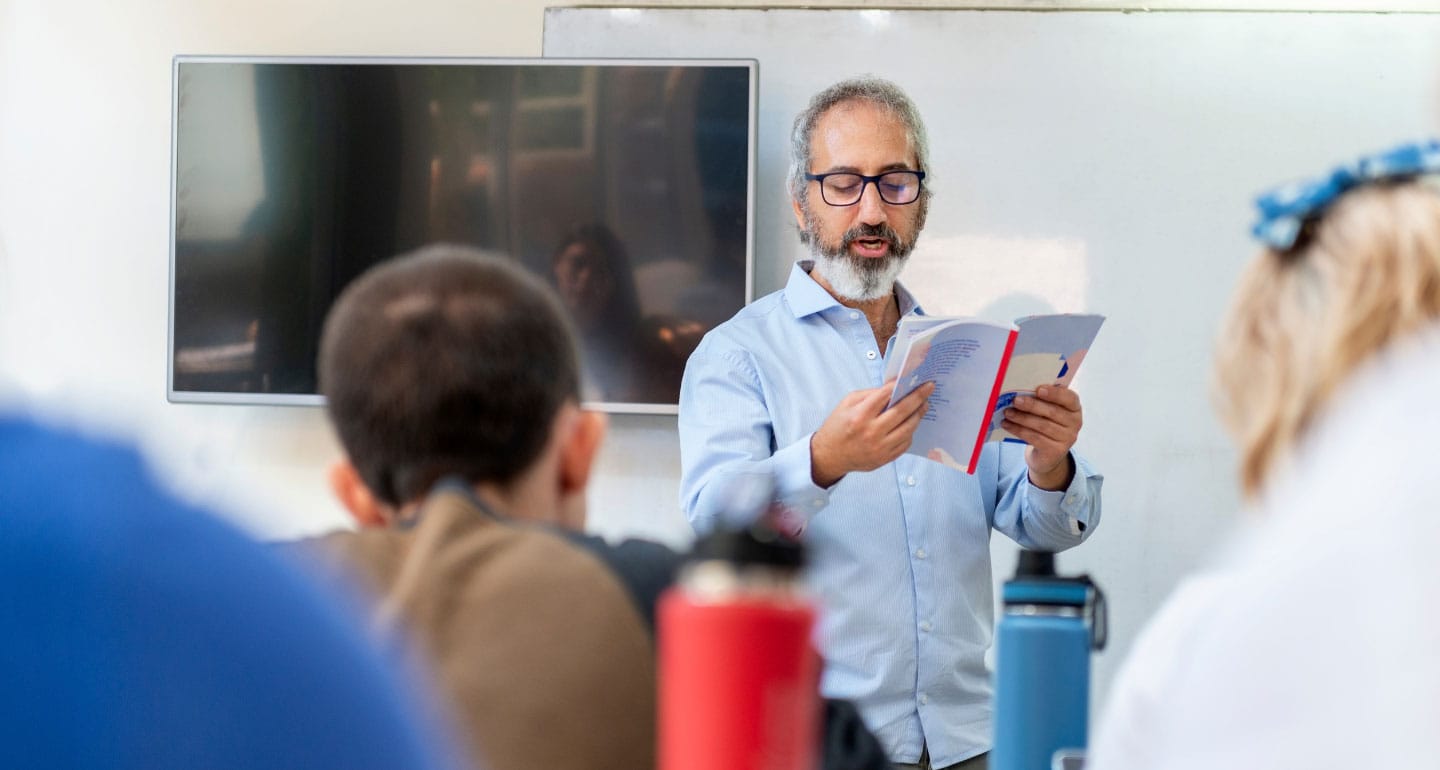
Faculty & Instructors Library Resources
This page houses BenU library instruction resources, an online teaching toolbox, reserves, requests, teaching guides and more.
BenU Library Instruction Resources
Schedule virtual library instruction. We offer library orientations, course-specific sessions, resource-specific workshops, and online course research guides.
Virtual Library Instruction – Advanced Level
Schedule custom virtual library instruction. When you schedule this service, we’ll contact you to discuss what would be most effective for your class. For example, we can:
- Pre-record a session or provide a live webinar. Session types include:
- General orientation
- Discipline-specific session
- Assignment-specific session
- Provide a tutorial (interactive, video, or PDF)
- Create a course guide tailored to a specific research assignment
- Develop a brief information literacy assignment
- Provide students with individualized feedback on their research plan
- Help locate resources and/or create persistent links for a course
Complete the Library Instruction Request Form or contact your liaison librarian a minimum of 2 weeks in advance. Please note that we prearrange all WRIT 1101 and 1102 library instruction sessions with the Writing Program Director.
Course Reserves
What is Course Reserves?
Place items on reserve for your students.
Placing Items on Reserve
- Complete the Reserves Request Form (PDF). Return the form to the Circulation Desk on your campus or email it to [email protected].
- Submit requests at least two full business days before you need the items to be available.
- To place a personal copy on reserve, please bring the form and item to the Circulation Desk on your campus. Please write your name inside the item cover.
- Multiple copies of identical items can be placed on a single form.
Policies
- Reserves are subject to the Reserves Policy (PDF) and Copyright Policy (PDF).
- The Library adheres to U.S. Copyright law, license restrictions, and consortial agreements. Submissions must meet Copyright Fair Use Exemption as determined by Library staff. Submitting a reserve request is an acknowledgment that all copyrighted work placed on reserve falls within U.S. Code Title 17 Fair Use Exception. For more information, see our Copyright Guide on this page.
- The Library cannot place items on reserve that are from other libraries.
Liaison Librarians
Liaison librarians are the primary point of contact for the colleges to receive information about the Benedictine University Library and for the Library to receive information from the departments.
Library Liaison Responsibilities
Among their responsibilities are:
- Library and information literacy instruction
- Journal database usage and instruction
- Scholarly source evaluation
- New material requests, including print and electronic titles
- Research assignment planning
- Subject-specific and general library reference questions
- Coordinate library information needed for departmental self-studies and accreditation reports
- Research consultations
- Communicate with colleges regarding new resources and services
Librarians are here to support you in your research and teaching. Please don’t hesitate to contact your liaison librarian whenever you have a suggestion, concern, or need for consultation.
Contact
Sulbha Wagh
Science Outreach Librarian
Outreach Services
Phone: (630) 829-6054
Send Sulbha an Email
Office: Kindlon 313
Liaison Area: College of Science and Health
Resources
Guides for Faculty + Instructors
- BenU Authors
- Copyright
- IDS: Benedictine Teaching Resources for Faculty
- Information Literacy: Assessment
- Information Literacy: Engaging Our Digital Natives Faculty Forums
- Information Literacy: Teaching & Learning
- Online Teaching Library Toolbox
- Open Educational Resources
- Persistent Links
- Predatory Publishing
